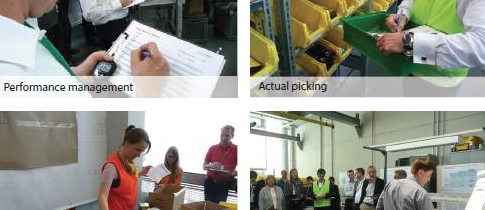World Bank outlines global logistics worker shortage in new report
Despite the spread of automation and digital supply chain solutions, a new report by the World Bank says the global logistics industry is facing a critical shortage of skilled material handling and logistics workers able to help meet today’s complex supply chain challenges and sustain predicted industry growth.
The shortage is epidemic at all skill levels including blue, grey or white collar jobs. The report, titled Logistics Competencies, Skills, and Training: A Global Overview, proposes a framework for the skills needed according to the job activity (such as transportation or warehousing) or the type and level of responsibility.
As has been widely reported, the industry is struggling to hire skilled workers. What’s new in this report is that it details the differences between developed countries (where trucker shortages are more acute) and developing economies (where managerial shortages are more widespread).
For example, in developing countries with a potentially available workforce, lack of vocational preparation for careers in logistics makes re-skilling more of a challenge. In addition, those hiring for logistics tasks at the upper end of the occupational hierarchy and with high information technology content often struggle to upskill employees at a pace to keep up with the rapid advancement of new digital technology.
The quality of recruitment and retention also suffers from the percieved industry image, the report says, which in the case of material handling and logistics can often be poor. The report recommends that the industry invest in promoting the image of its professional opportunities, targeting especially the younger professionals, by emphasizing the upsides of a career in material handling and logistics.
These upsides include internationality, working in multicultural teams, stimulating working environments, mobility, key contribution to the economy and social welfare, and engagement with leading edge technology.
The report calls for a coordinated effort by logistics firms, professional associations, training providers and policy makers to address this critical issue.
Download the complete report.





